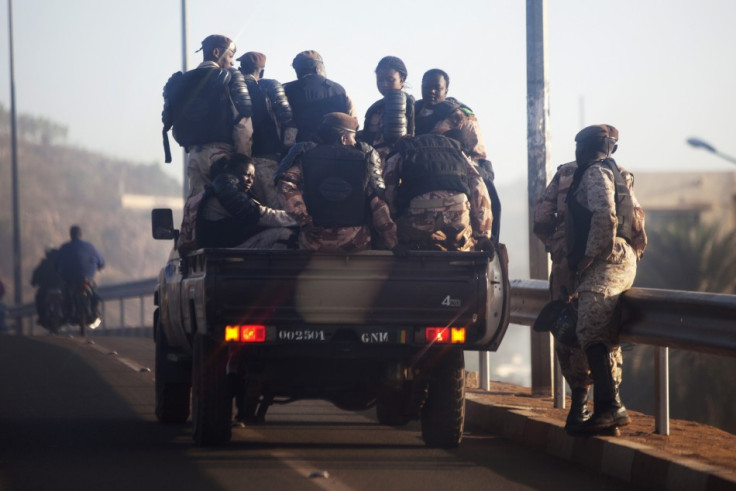Mali Conflict: Counter-Terrorism Local Policy Only Way to Win the War

France needs to involve the local Malian population in a counter-terrorism policy and integrate them in the political agenda otherwise it will never win the war against the Islamist rebels, an expert on jihadism in North Africa has said.
Salma Belaala, Marie Curie advanced Researcher on North African Islamic movements at Warwick University, has told IBTimes UK that the engagement of population is vital if France wants to win its offensive against Al-Qaida-linked rebels in Northern Mali.
With this framework, it is likely that the abduction of foreign workers in an Algerian oil facility is just the beginning of several reactions and attacks against France in north Africa, Belaala said.
"Al Qaida in the Islamic Maghreb (AQIM) is using the fragmented situation in Mali in order to increase the violence," she said. "This is just the beginning of the war."
The three-million-strong population in northern Mali, prevalently rural and marginalised, is not integrated into modern life and is cut off socially and politically from the state, Belaala explained. With one of the highest illiteracy and unemployment rates in Africa, it is unlikely they understand the reasons of this attack.
"Until now, the French government has lacked on counter-terrorism policy on a local level. The majority of the population in the Jihadist's hotspots in Gao and Kidal, northen Mali, did not show any support until now to the french intervention. There are no demonstrations in support of France," she said.
"If France wants to win the war, it has to involve the population in the Malian state through a communitarian network. The support for the French intervention and counter-terrorism is linked to integration of the population in political agenda and state modernity."
Al-Qaida and the Tuareg
AQIM is a mix of Arabs, Tuareg and local Harratin - the so-called peasants of the Tuareg - which has been present in northern Mali since 2003. It has kidnapped more than 50 European and Canadian hostages for ransom in the last ten years, a period during which it has become more mainstream. It is believed that the movement earned over $100 million in ransom fee.
However, AQIM is still a movement made of activists and militants, and does not enjoy widespread support within the local population.
"AQIM rejects any negotiations or ceasefire, it's their doctrine," Belaala said. Unlike the Al-Qaida offshoot, Ansar Dine has accepted several talks with the Algerian government to sustain the counter-terrorism. "That's why we can't say they are under the umbrella of Al-Qaida," the academic explained. "But undoubtedly they share with AQIM a view on political opposition to the Malian authority and state and on fundamentalist society".
Its leader, Iyad Ag Ghaly, once called on the people of Timbuktu to wage "jihad against those who resist Sharia".
Something in between a movement and group involving the population, Ansar Dine is a mix of Arabs, Tuaregs and Harratin, even though they would like to show they are mainly Tuaregs. Many of the militants involved are refugees and fighters coming from Libya after the fall of the Gaddafi regime and nicknamed Les Rebels.
"They would like to be the voice of independent movement in the so-called Tuareg country," Belaala said. "They are the radical, military wing of the National Movement for the Liberation of Azawad (MNLA) with reference to religion to gain more visibility and alliance."
The secular separatist Tuareg rebel group of MNLA wants an independent state in northern Mali called Azawad. The group would like political visibility on international politics, but it has lost legitimacy since it allowed room for al-Qaida-linked groups to take over the field in the March 2012 coup.
"The MNLA is contradictory in its statement on the French air raids now," Belaala said. "If they support the French air strikes, they will lose local support. If they support the rebels, they will lose support on an international level."
© Copyright IBTimes 2025. All rights reserved.






















